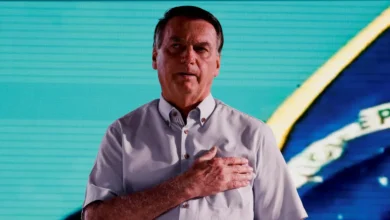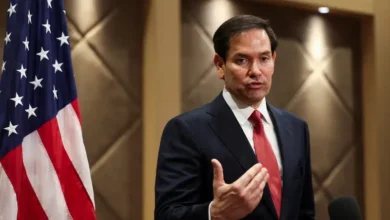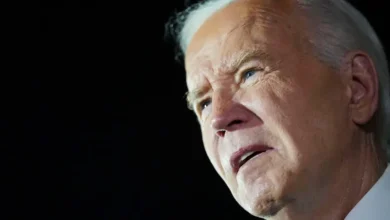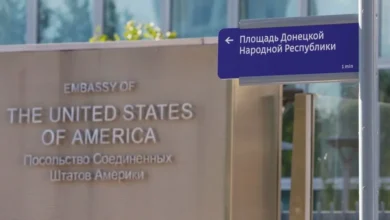Don’t rely on Medicaid? Tax bill will drive up costs to your healthcare too
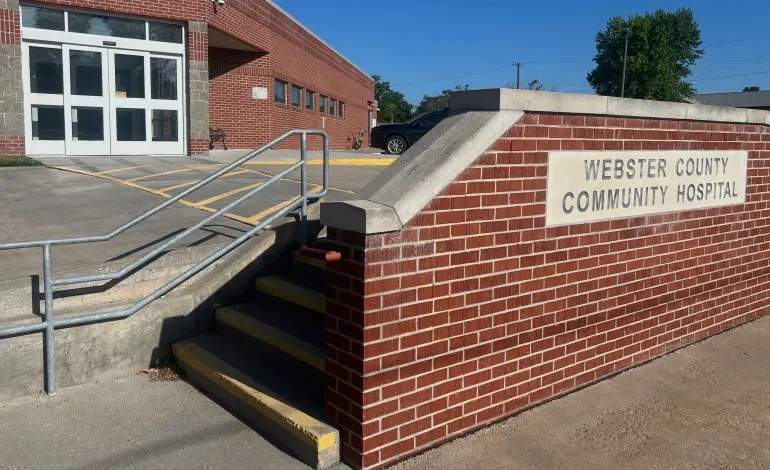
United States President Donald Trump’s signature piece of budget legislation, the “One Big Beautiful Bill”, will likely raise healthcare costs, experts have said. While the Medicaid cuts will directly impact those who depend on the programme, the consequences will extend to others as well.
The 869-page bill, which includes roughly $1 trillion in cuts to Medicaid over the next decade, passed in the House along party lines, with only two Republicans – Representatives Thomas Massie of Kentucky and Brian Fitzpatrick of Pennsylvania – breaking ranks. It will be signed into law by Trump on Friday.In addition to patients, Medicaid funds also help financially strapped hospitals and other healthcare facilities, and the cuts could lead to their closures.
Apart from this, almost 12 million people could lose health insurance by 2034 due to reductions to both Medicaid and the Affordable Care Act marketplace, according to a Congressional Budget Office analysis.
Experts warn the new law will drive up costs elsewhere in the system. Patients may face higher out-of-pocket expenses, while hospitals could be forced to lower the quality of care, raise prices, or close entirely due to the financial strain.“In fact, a number of healthcare organisations depend so heavily on Medicaid funding that they could go out of business with significant cuts.”
The cuts would hit rural hospitals hard, according to an analysis from the National Rural Hospital Association (NRHA). About 20 percent of the US population lives in rural areas, where Medicaid covers one in four adults, a higher share than in urban areas, and plays a large part in financing healthcare services.
The cuts are expected to result in a 20 percent reduction in funding for rural hospitals in half of all states.
That will hurt patients like Martha Previte and her partner Jim Earl, who live in rural Maine. Both have type 1 diabetes and rely on regular hospital visits for a range of procedures, including blood tests and kidney treatment.
“I fear that these cuts are going to close hospitals that we rely on to get care, and we’re not going to have anywhere to go,” Previte told Al Jazeera.
This bill could result in as many as 338 hospitals closing around the US. There are already nearly 800 hospitals that are facing financial hardship.
“Our goal is to help ensure hospitals can remain open for their communities, and people can get the care they need when they need it. Our nation’s health and economic future depend on it,” the American Hospital Association said in a statement condemning the bill’s passage and calling it “an extremely disappointing and very difficult day for health care in America”.
Those that stay open could result in cuts to essential care like chemotherapy and behavioural health services.
The bill does include $50bn for rural hospitals to offset the additional financial strain they will face. But because of cuts to Medicaid, that funding will not make enough of a dent to keep healthcare costs from rising and healthcare facilities from shuttering.
Analysis from the Kaiser Family Foundation found that Medicaid cuts would still lead to a drop of $155bn in federal Medicaid spending on rural hospitals over the next 10 years.
“While the President promised to lower costs for Americans, this bill is set to spike premiums and other healthcare costs,” Elizabeth Pancotti, managing director of policy and advocacy at the Groundwork Collaborative, told Al Jazeera.
Rural hospitals in the state of Missouri will be the hardest hit and are expected to lose an average of 29 percent of Medicaid funding. While Missouri’s Senator Josh Hawley, in a May op-ed in the New York Times, said cuts to Medicaid would be “politically suicidal”, he and his fellow Missouri senator, Republican Eric Schmitt, voted in support of the bill before it moved to the House of Representatives on Tuesday.





